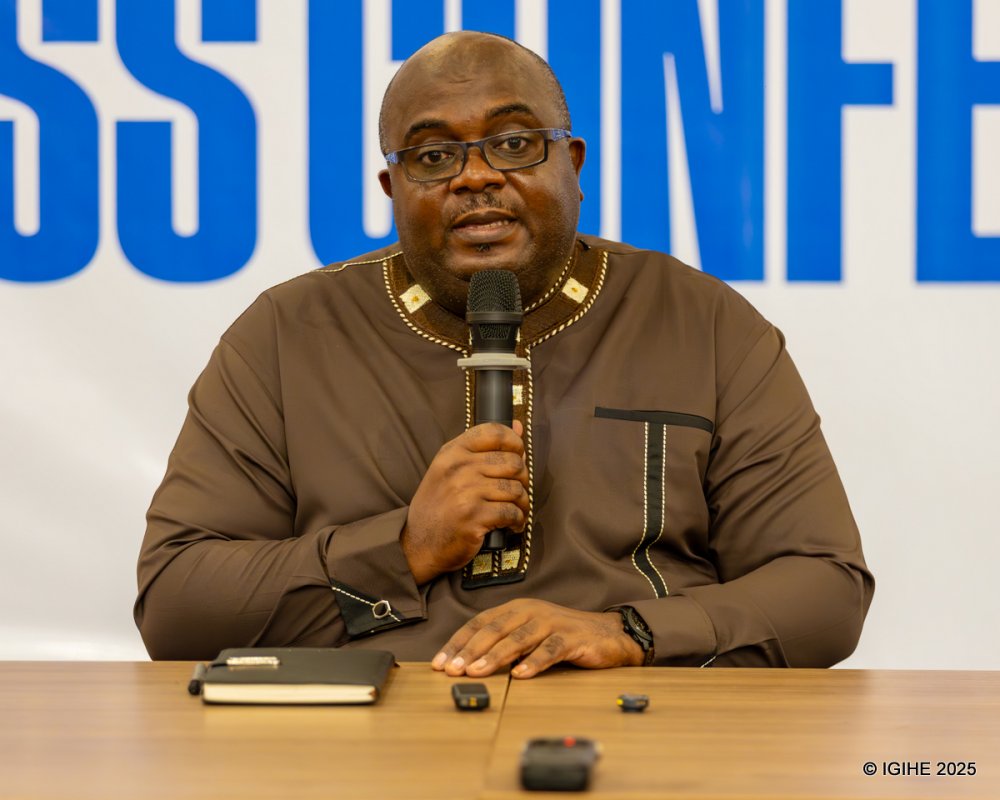Bertrand Bisimwa, the political leader of the M23 armed group, has strongly criticized the government of the Democratic Republic of Congo (DRC), accusing it of being a tool of the FDLR, a Rwandan rebel group classified as a terrorist organization.
Speaking in a recent address, Bisimwa claimed that the Congolese government is actively supporting FDLR fighters under the guise of refugee protection—an assertion he dismissed as false and dangerous.
“I have never seen refugees carrying weapons,” Bisimwa said. “No country in the world recognizes armed people as refugees. Yet Kinshasa uses children of Rwandan refugees, recruits them into the army, and lets them claim lands in the country that hosts them.”
He emphasized that many of these children were born in FDLR-controlled forests in eastern DRC, raised with anti-Tutsi ideology, and trained for violence from a young age.
“A child born in the forest in 1994 is now leading FDLR operations,” Bisimwa noted. “Imagine growing up being told daily that your suffering is caused by the Tutsi—both in Congo and in Rwanda. That’s all these children know.”
He painted a grim picture of how this indoctrination turns young people into brutal fighters.
“With a weapon in hand, that child won’t hesitate to butcher the person he believes is his enemy. He will go as far as eating the flesh of his victim to ease his pain,” Bisimwa claimed. “That is the kind of ‘refugee’ the Kinshasa government defends.”
Bisimwa expressed skepticism that the DRC government would ever prosecute FDLR fighters for their crimes, including massacres and looting, accusing Congolese politicians of working hand in hand with the FDLR.
“Let’s speak the truth: politicians in this country work for the FDLR. They amplify its propaganda, becoming its spokespersons. So who works for whom? The reality is that the Congolese state, civil society, and armed groups are instruments of the FDLR,” he stated.
He went further to allege that DRC President Félix Tshisekedi has pledged direct support to the FDLR in efforts to destabilize Rwanda.
“President Tshisekedi once publicly declared, ‘We will help those people seize power in their country,’” Bisimwa recalled. “Does he understand the pain those people have inflicted on our communities? Does he know our history? Our suffering?”
In response, Bisimwa reaffirmed M23’s commitment to ending the violence perpetrated by the FDLR and resisting what he described as a corrupt Congolese regime that collaborates with terrorism.
He also mentioned M23’s efforts to repatriate Rwandans held hostage by the FDLR in Congolese forests—those who were forcibly used to sustain the group’s structure.
“We will continue to help those Rwandans return home voluntarily,” Bisimwa said. “And for those who choose to stay in the DRC, their rights must be protected.”



